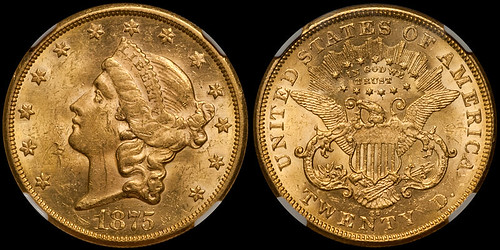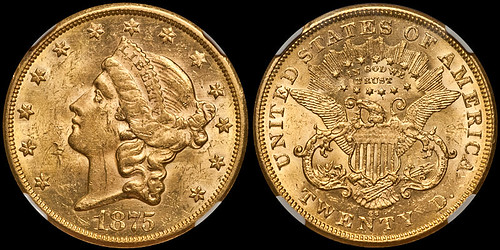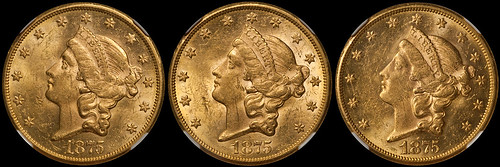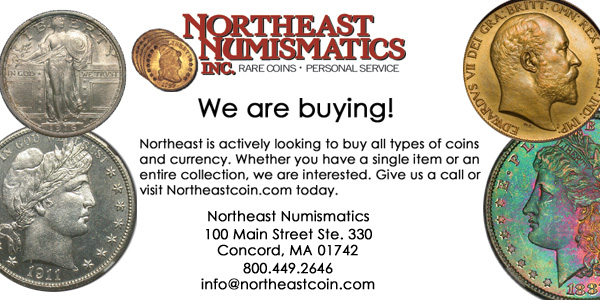
PREV ARTICLE
NEXT ARTICLE
FULL ISSUE
PREV FULL ISSUE
WHEN A PHOTO'S WORTH LESS THAN 1,000 WORDSMartin Kaplan passed along this recent post on coin photography by Douglas Winter Numismatics photographer Jenna Van Valen. It's an update of a piece written in 2014. Here's an excerpt - see the complete article and photo examples online. -Editor We've all heard the numismatic mantra, "Buy the coin, not the holder." But what about those times we can't view the coin in person? Surely we can't all attend every convention, every auction, visit every dealer and view their inventory. We rely on dealers we trust, we rely on their descriptions, and we hope that the photo tells enough of a story that we can make an informed opinion on the coin without actually holding it in our own hands. We need to count on the dealer to be our eyes, because no two photos of the same coin will look the same. Why? It's quite simple, really. When we hold a coin, we can tilt it, put it under different lighting conditions, get a feel for the overall look of the piece. But when I photograph a coin, I have to give you a quality representation of all the aspects of a coin under various conditions in one image. I can neither deceptively hide the flaws, nor do I really want to highlight them unless they're dreadfully apparent in hand. It's a balancing act, not so much science as intuition from nearly two decades as a professional photographer (eek, hello 40!), and taking into account the literally tens of thousands of coins I've photographed and handled in the last decade+ in numismatics. It's entirely, completely, and sometimes woefully, subjective. To prove my point, I spent a few extra minutes photographing a coin we purchased for inventory, using different lighting conditions, and different post-processing techniques. I will explain each set of images in non-photo-nerd terms. The first example is my standard photograph, this is what I would post on our website as an inventory photo. I won't go into proprietary details, but I use a copy stand, an electronic cable release, some lamps, a fantastic lens, and a nice DSLR body. I currently use Photoshop CS5 for my post-processing, and have a predetermined white balance and set of techniques I use on every image to ensure consistency. 
1875-CC NGC MS61 WITH MY "STANDARD" EDITS But wait - here is the same exact photo. I'm not kidding - it's the same photo, with different processing applied. But I used the same image files to produce this result. I could email the original files to 10 different Photoshop nerds, and you'd get back 10 different results, all based on our own intuition, experience, and techniques. 
1875-CC $20.00 NGC MS61, SAME FILES, DIFFERENT PROCESSING And it is so very, very simple to take the same exact coin, on the same exact copy stand and lens, and without even moving my lights or adjusting exposure, completely change the end result. I took these three obverse photos at all the same settings, processed them identically, and yet we have three wildly different results. Why? I simply rotated the coin so that it faced my light source at a different angle/rotation. It was literally just a slight turn to the left, dead center, and then to the right. Same coin, same distance, same lights, same processing, different rotations. 
1875-CC $20.00 NGC MS61, THREE DIFFERENT ROTATIONS I strongly encourage collectors to remember this, and remember it well: A photo can be worth 1,000 words, but is it the right story? To read the complete article, see:
 Wayne Homren, Editor The Numismatic Bibliomania Society is a non-profit organization promoting numismatic literature. See our web site at coinbooks.org. To submit items for publication in The E-Sylum, write to the Editor at this address: whomren@gmail.com To subscribe go to: https://my.binhost.com/lists/listinfo/esylum All Rights Reserved. NBS Home Page Contact the NBS webmaster 
|